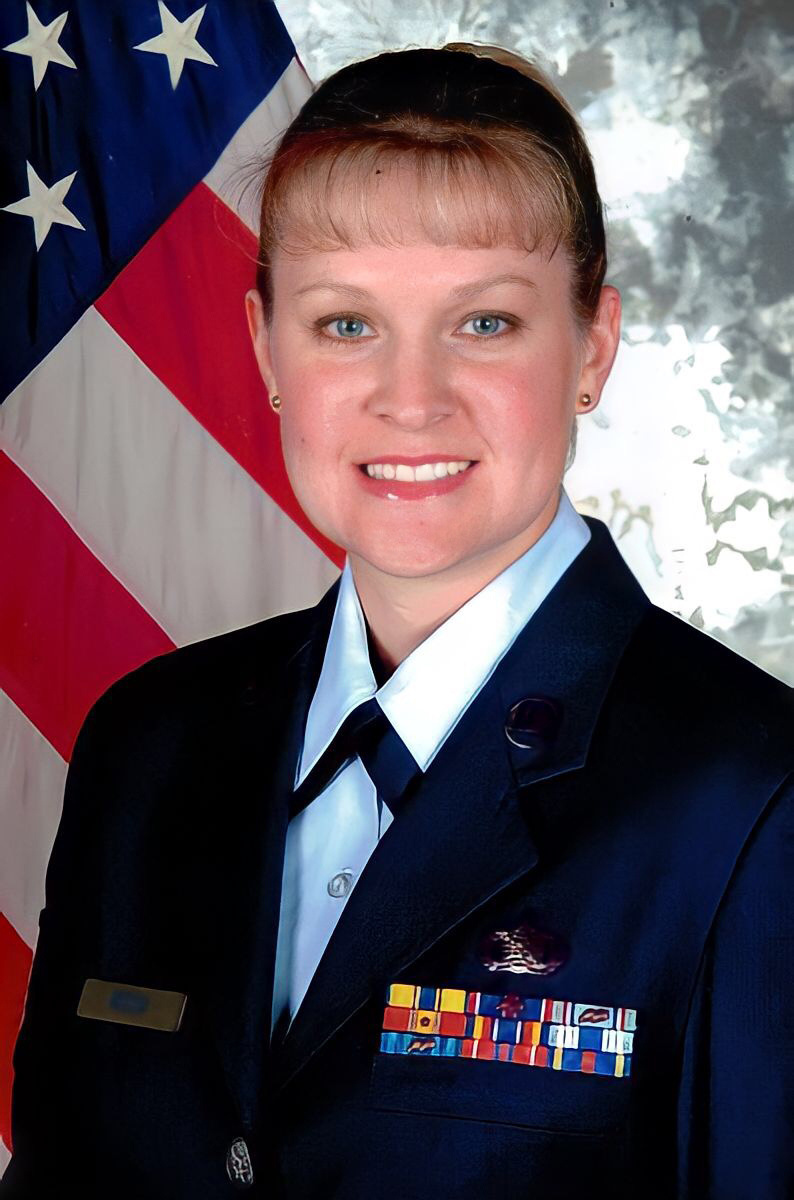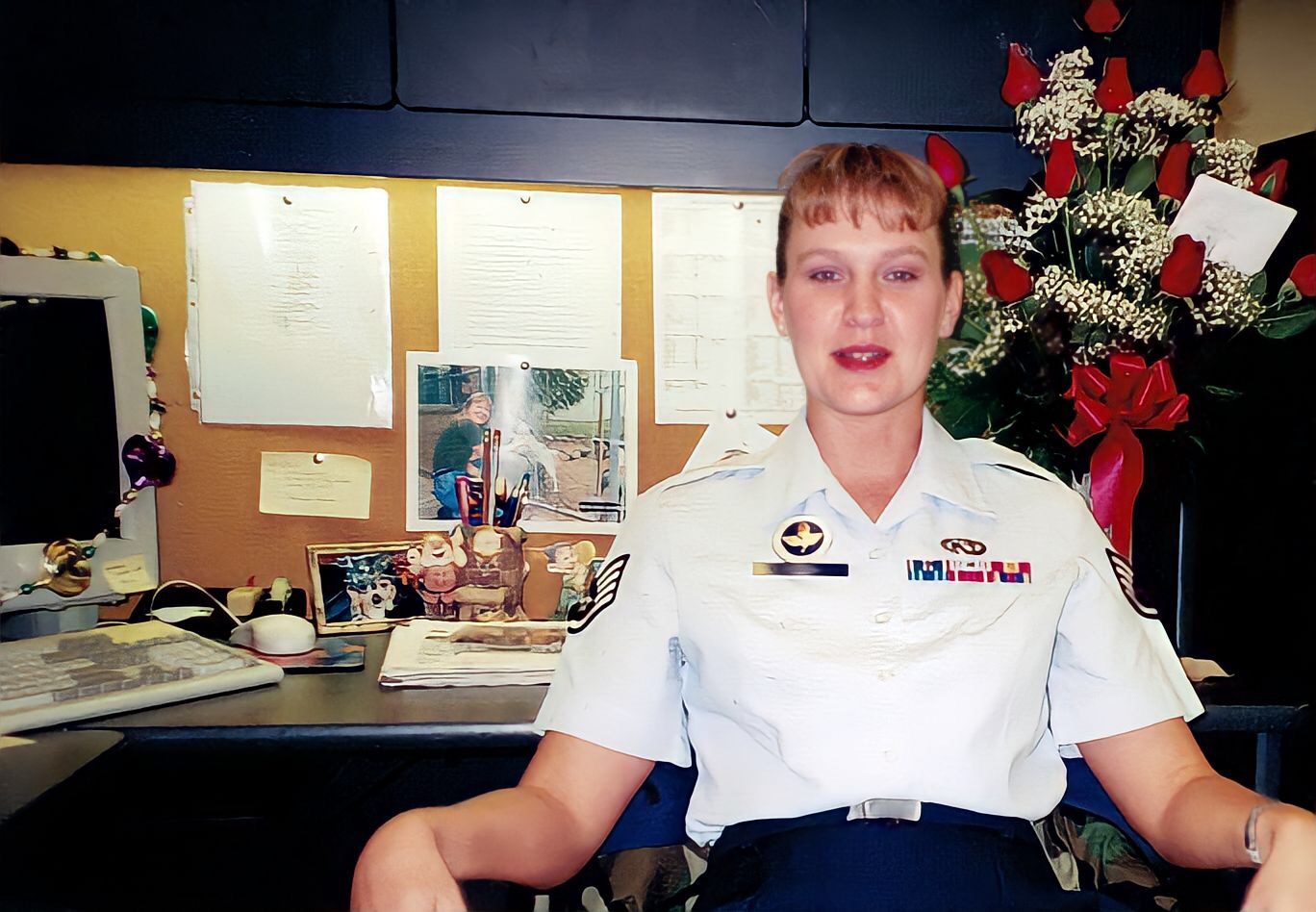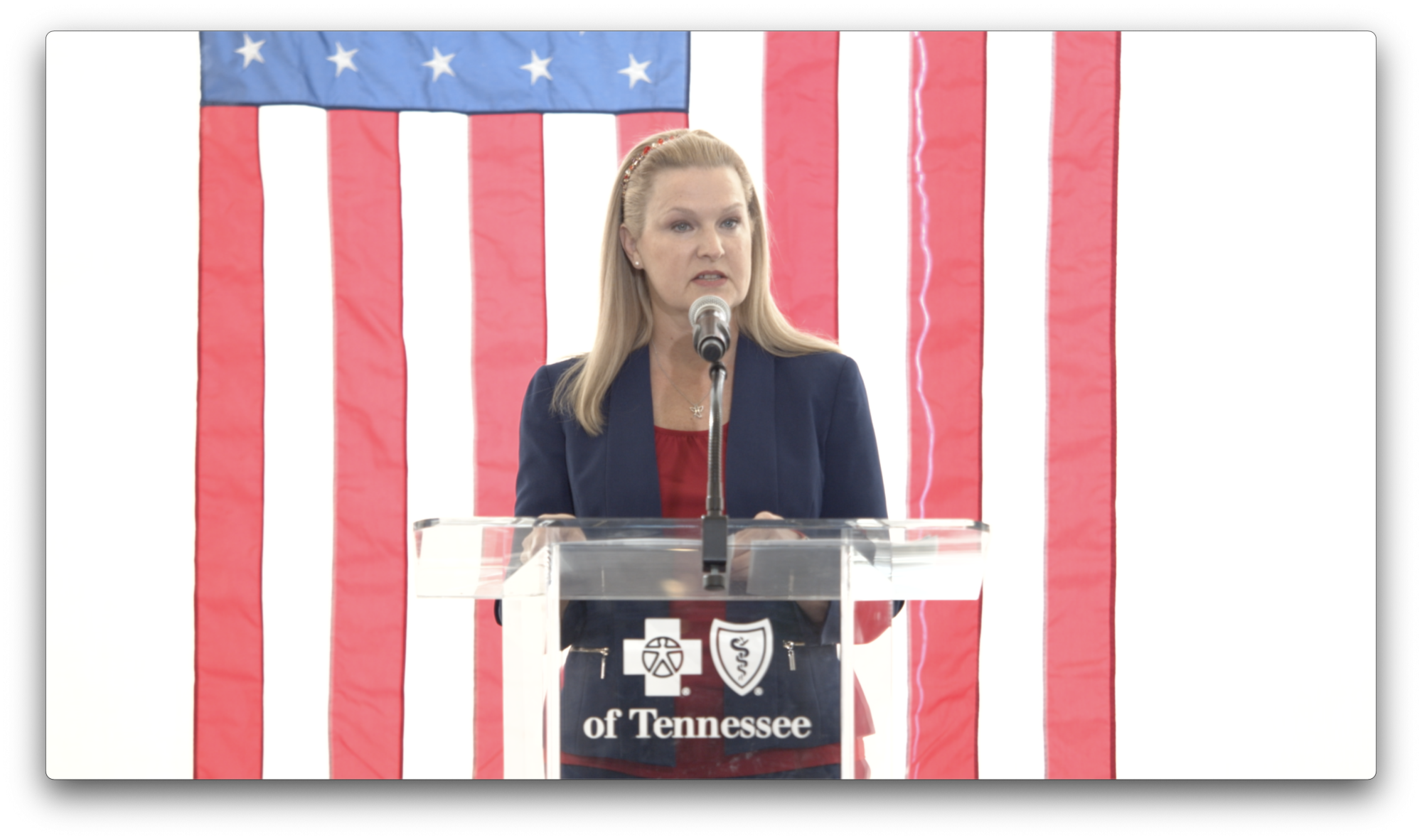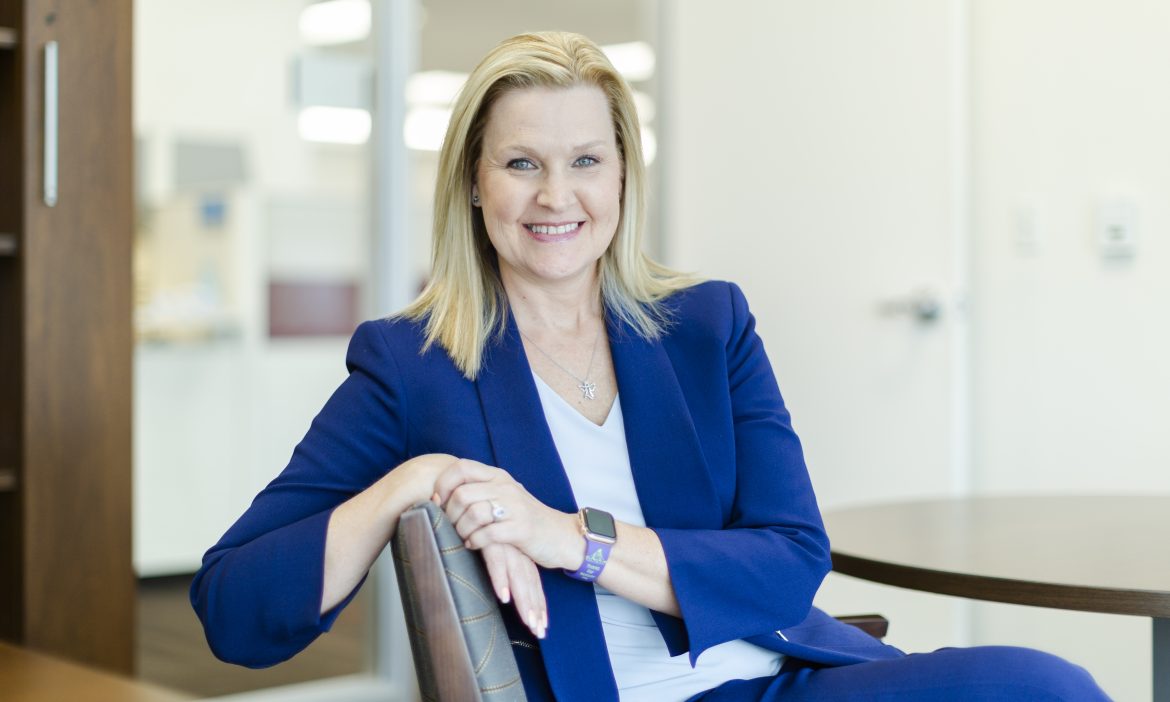In 1994, Rose Lee enlisted in the United States Air Force. Not coincidentally, that’s when her career in information technology began.
“In the Air Force, technical school is where you’re sent after basic training to learn your job,” Rose says. “My tech school was for communications computer systems operator, which is basically all forms of computers.”
For Rose, it was a long way from her childhood experience with a Commodore 64 video game console in Gainesville, Fla. Tech school marked the beginning of 14 years of active military service (followed by two in the National Guard) and a cybersecurity career ascent.
A different kind of maverick
Rose was raised in a military family — both her mom and dad served in the Army — and she grew up with financial hardships. After graduating high school, she saw the military as a way to continue her education, though not on the same path her parents followed. Like many who came of age during the mid-to-late 1980s, she was influenced by a ubiquitous pop-culture juggernaut.
“I decided to enlist after seeing ‘Top Gun’ the first time,” Rose admits with a short laugh. “I wanted to join the Navy or the Air Force, as I thought flying would be awesome. I narrowed to the Air Force but still got myself one of those leather jackets, even though I wasn’t joining the Navy’s program.”

Despite outfitting herself like a hotshot pilot, Rose’s confidence wasn’t exactly sky-high as she left the comforts of home.
“At the time, the idea of being a grownup and making my own decisions scared the daylights out of me,” she says. “The military fixed that. And even though they didn’t schedule my every minute, there was structure, there was guidance, and there were guardrails — and I really needed those.”
Those guardrails led Rose to shed the leather jacket and realize that flying a plane wasn’t where her true talents and passion lay. But even within the highly structured nature of the armed forces, Rose had to navigate a great deal of uncertainty in tech school.
“When you join the military, progressing from basic training and tech school is an individual accomplishment,” she says. “But ultimately, it’s a team environment, and you’re built into team players.”
“I remember appreciating how my classmates came from many different ethnic and religious backgrounds. But one thing stood out even more — I was the only woman in that classroom.”
Rose recalls looking around the room and wondering if she’d be respected as an equal, and if her fellow airmen would have her back the same way she’d committed to have theirs. Fortunately, she built solid working relationships with her cohort — and thrived in information security.
“Those notions of security and protection drew me to the military, and I gravitated toward protecting some of our nation’s secrets from bad actors,” she says. “I’ve stuck with cybersecurity ever since, only now it’s become even more crucial with hackers taking advantage of our most vulnerable populations and stealing their personal information.”
Rose earned an associate of applied science in Information Systems Technology from the Community College of the Air Force, eventually becoming an Air Force tech school instructor herself. She realizes she had a unique experience for that time as a woman in the military studying and then teaching technology — an experience she carries with her today as she continues to mentor and guide others and help advance their careers through coaching and development.
 “I was in the military for six years before I went to my first college class,” she says. “And I went from being the only female in my tech school class to having two or three females in the classes I taught. We’ve seen a lot of progress since then, but information technology remains a male-dominated field. We have a long way to go before we truly level that playing field.”
“I was in the military for six years before I went to my first college class,” she says. “And I went from being the only female in my tech school class to having two or three females in the classes I taught. We’ve seen a lot of progress since then, but information technology remains a male-dominated field. We have a long way to go before we truly level that playing field.”
Still putting protection first
After her military service ended, Rose moved into the health care space. She saw not only the growing threat of compromised personal health information, but the need for cybersecurity experts to be even more creative when thwarting potential data leaks.
“A light has been shined on hackers picking on hospitals with patients or picking on health insurance that has patient care attached to it,” Rose says. “They’re not just picking on big brands. They’re picking on the people who are the most vulnerable, and at the most vulnerable times in their lives.”
“And that’s become a line in the sand for a lot of people who said, ‘I want to protect my family.’”
In 2022, Rose joined BlueCross as chief information security officer, leading a highly skilled and committed group of those protective people. She describes the role as her dream job.
“Part of being leader is accepting there are times when all of us, myself included, are going to struggle, but that makes us human — and you have to put the human piece into cybersecurity,” she says. “It’s the people, not the technology, who are going to think outside the box. It’s the people who are going to support one another and come up with innovative solutions.”
“I’ve also joined a team with more females than I’ve previously worked with in the cybersecurity space.”
Forward thinking
With even the youngest generations increasingly embracing smart technology, Rose is excited by what the future holds for cybersecurity — even if many students aren’t aware of the possibilities that IT careers can provide. But through a partnership with East Tennessee State University, BlueCross has created the BlueSky Tennessee Institute, a career pathway for qualified high school graduates who want a tech career. It offers a fast track to a bachelor’s degree in computing in just over two years — with little to no debt.
“Much of the lack of diversity in our field also has to do with economic status,” Rose says. “I may have grown up before Macbooks were common in classrooms, but I remember what it was like to not have easy access to the typewriter I needed.”
“I’m fortunate to be a mentor with BlueSky Institute, a program that’s very intentional about diversity in all its forms and equipping students with the tools they need. I get to help grow these students into being the best qualified career candidates post-graduation. We’re hoping they become the future leaders at BlueCross.”
Twelve of the 32 students in our first cohort are female. Nationally, only around 19% of graduates who earn a bachelor’s degree in computer science are female.

Today, Rose is quick to reference a well-known quote — “The distance between you and your goals only exists between your ears.” It means the only thing standing between you and your goals is going to be you.
“Now it doesn’t mean you have to reach them alone,” she says. “You can ask for help. You can ask for mentoring, you can ask questions, but don’t let yourself get in your way.”
The quote applied when she somewhat hesitantly entered an Air Force tech school classroom as the only female, and it applies today to her current work protecting our members and mentoring the next generation of IT professionals.
“When I enlisted, I didn’t know my career development would result in me actively developing the careers of others — and being intentional in not recreating that ‘only woman in the room’ scenario for them,” Rose says. “But it’s given me purpose, and it continues to give me hope.”


 Jesse joined the BlueCross BlueShield of Tennessee corporate communications team in 2017. A Chattanooga native, he has more than 15 years’ experience in content creation, management, and strategy for consumer audiences, including a six-year stint in health care marketing.
Jesse joined the BlueCross BlueShield of Tennessee corporate communications team in 2017. A Chattanooga native, he has more than 15 years’ experience in content creation, management, and strategy for consumer audiences, including a six-year stint in health care marketing.